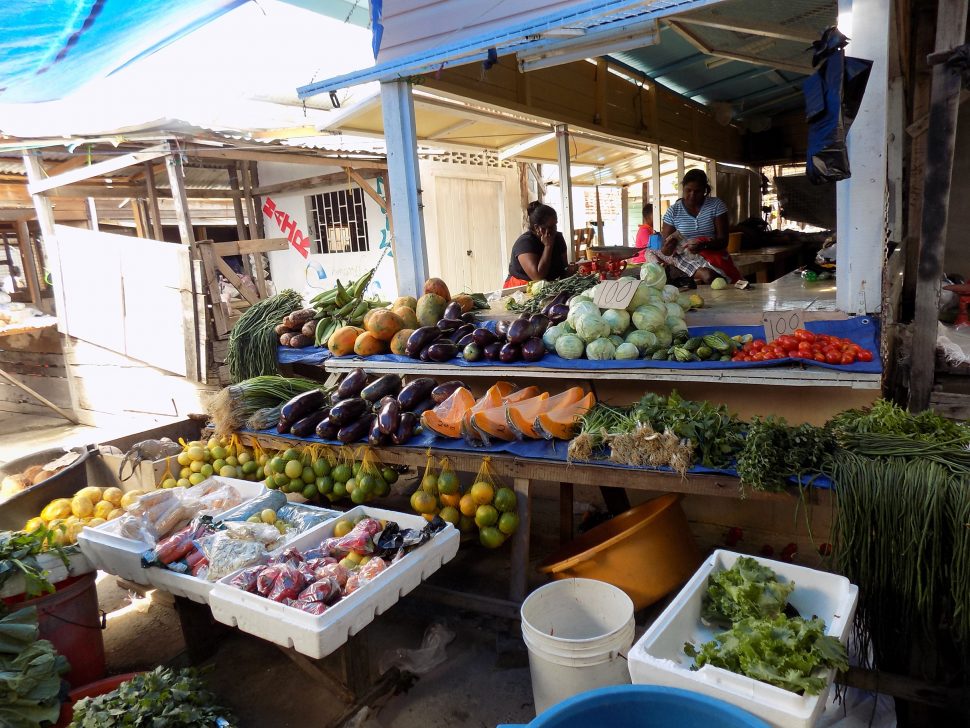Any argument for a shift in focus from agriculture to ‘make way’ for what might seem to be the brighter prospects that beckon on account of what is now, unquestionably, the potential economic breakthrough which successive major oil & gas discoveries offer, loses much of its traction when account is taken of the human health and prosperity prospects associated with an enhanced focus on food production.
One of the more recent studies to underscore the ever growing importance of agriculture undertaken by the authoritative inter-disciplinary magazine, the Lancet Planetary Health, and released just last month, focusses on the health and wellness deficit which some countries suffer in the face of insufficient access to plant-based foods.
Asserting that “low fruit and vegetable consumption is… a major nutritional problem,” the publication says that its research points to the need for a shift “towards more balanced, predominantly plant-based diets” as a route to healthier living.
The publication, whose editorial pursuits are focussed on investigating and proffering solutions to environmental and other determinants of healthy human civilisations and the natural systems on which they depend, says that currently, only around 55% of people around the globe live in countries with adequate availability of fruit and vegetables to meet the World Health Organization’s minimum target of 400 grams per person, per day. More than that, the study says, current global demand for fruit and vegetables is so high that if everyone around the globe began to eat the recommended amounts of the two there wouldn’t be enough to go around.
The revelation is a sobering one for Guyana where, while there are more than adequate supplies of fruit and vegetables to meet the WHO’s minimum target, the prospects of an ‘oil & gas economy’ has begun to trigger low level public discourse surrounding concerns that an agricultural sector that has traditionally been the bedrock of the country’s economy could potentially be in danger of eventually being kicked to the curb.
Not that there is any lack of local recognition of both the economic and nutritional importance of the agriculture sector, though a gradually emerging ‘Dutch disease’ discourse has raised, among other things, the likelihood that alternative, better-paying jobs in a potentially huge oil & gas sector could have a significant negative effect on both investment in agriculture and in the availability of farm labour.
From a Guyana perspective, however, the economic inducements that inhere in further increasing fruit and vegetable production appear even greater when account is taken of the revelation in the Lancet study that by 2050, “an estimated 1.5 billion more people will live in places with insufficient supply of plant-based foods, those being fruits and vegetables, “unless challenges such as food waste and improved productivity are solved.”
Logistical considerations including transportation-related inadequacies and other farm-to-market challenges contribute considerably to food waste locally, though the increasing emergence of the agro-processing sub sector has meant that larger volumes of both fruit and vegetables find their way to local dinner tables after processing. Agro-processing, however, is not without its own challenges, not least among those being the relatively underdeveloped nature of the sector and the international food safety standards regulations and product quality considerations that limit access to overseas markets.
While, particularly in the frequent ‘seasons of plenty’, Guyana has come to take its fruit and vegetable ‘blessings’ for granted, the authors of The Lancet study are calling for “several actions” to respond to the looming global fruit and vegetable challenge including “investments in fruit and vegetable production; increased efforts to educate people about the importance of healthy diets; and new technologies and practices to reduce food waste.”
And while the prognosis is that several countries will respond to the increased demand for plant-based foods, notably fruit and vegetables, and will increase production accordingly, other countries, including, significantly, “several countries in Central and South America… will likely fail to have adequate supplies”
Leaving aside the emergence of an agro-processing sector that consumes significant amounts of fruit and vegetables, demand for fresh fruit in Guyana is linked to the health-related popularity of juices locally blended from fresh fruit in preference to carbonated soft drinks.





